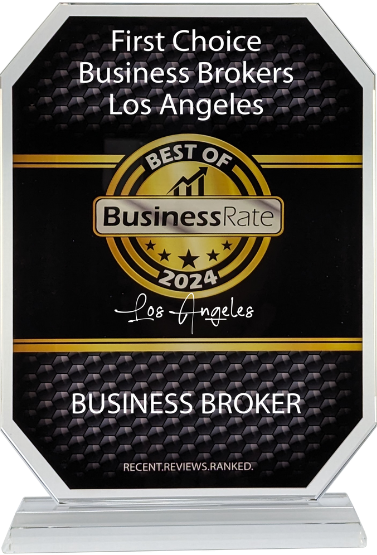Transactional
Guidance
Transactional Guidance
There is a safe course to chart the process of successfully buying or selling a business, learn more.
Business Brokers may wear many different hats through the process of a business transition. We assist buyers to identify an appropriate business by matching them to an opportunity to meet their interests, income requirements, skill sets and available cash or financing. For sellers, we guide them through the process of positioning their business for sale and taking the steps necessary to sell their business . These processes take place all while keeping the entire transaction confidential.
This isn’t always an easy task; however, your skilled First Choice Business Broker knows how to navigate these waters with precision. The timing of meetings, due diligence, landlord approval, bank approval (if any) etc. can create some rough waters if not carefully and skillfully navigated. The business broker does not take this course alone. They are often aligned with a skilled crew that may include escrow closing agents and/or closing attorneys, industry specific lenders, immigration attorneys, contract attorneys, appraisers, insurance companies, and much more. Following a clear path to a smooth closing is only possible when working with a fully trained, skilled business broker who truly cares about your goals. Whether you are a buyer or a seller, you will benefit from experienced transactional guidance.
There is a safe course to chart the process of successfully buying or selling a business, learn more.
Business Brokers may wear many different hats through the process of a business transition. We assist buyers to identify an appropriate business by matching them to an opportunity to meet their interests, income requirements, skill sets and available cash or financing. For sellers, we guide them through the process of positioning their business for sale and taking the steps necessary to sell their business . These processes take place all while keeping the entire transaction confidential.
This isn’t always an easy task; however, your skilled First Choice Business Broker knows how to navigate these waters with precision. The timing of meetings, due diligence, landlord approval, bank approval (if any) etc. can create some rough waters if not carefully and skillfully navigated. The business broker does not take this course alone. They are often aligned with a skilled crew that may include escrow closing agents and/or closing attorneys, industry specific lenders, immigration attorneys, contract attorneys, appraisers, insurance companies, and much more. Following a clear path to a smooth closing is only possible when working with a fully trained, skilled business broker who truly cares about your goals. Whether you are a buyer or a seller, you will benefit from experienced transactional guidance.



